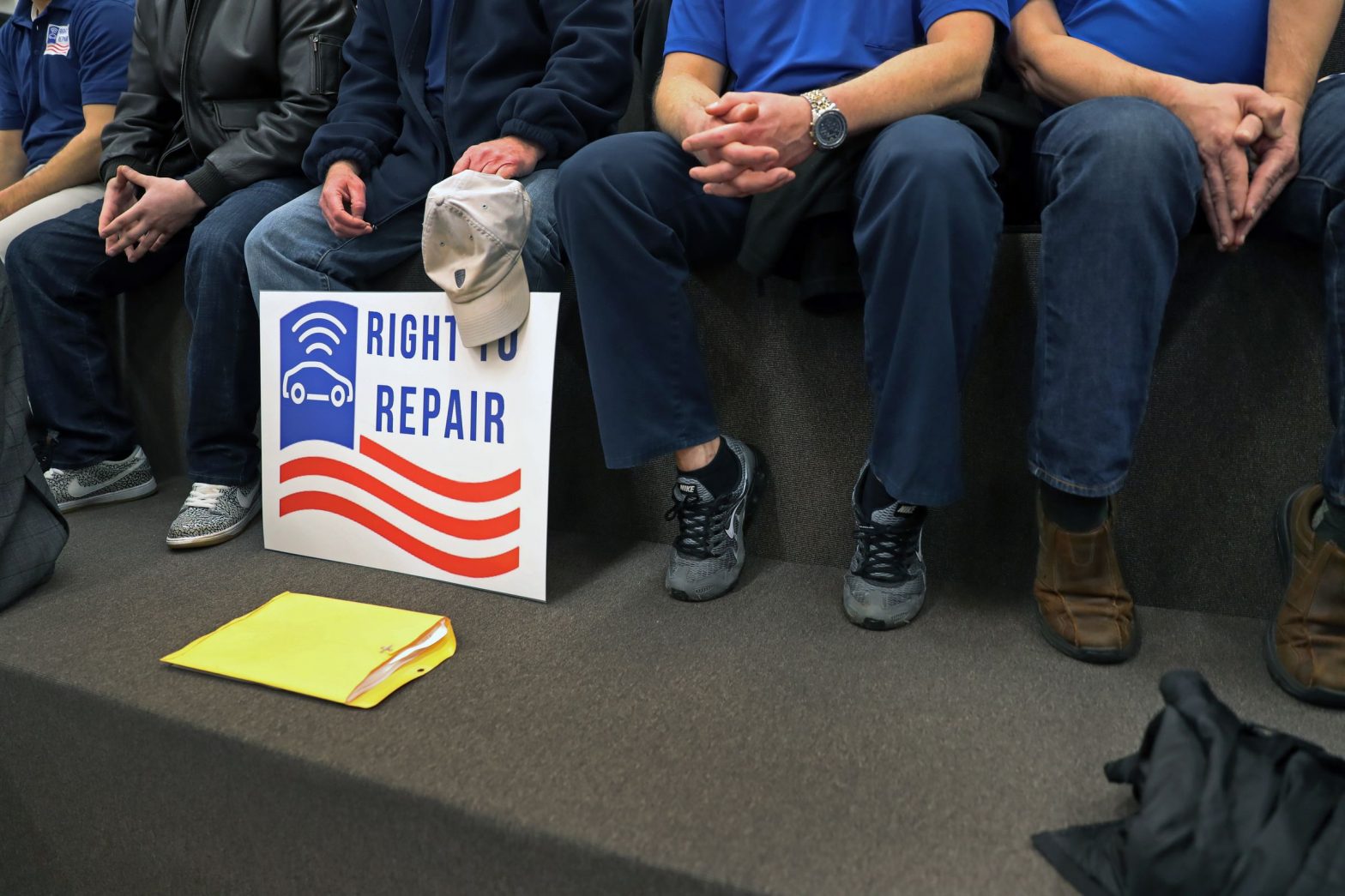/
Voters in Maine heavily favored the right to ensure access to their own vehicles’ diagnostics systems.
Share this story
:format(webp)/cdn.vox-cdn.com/uploads/chorus_asset/file/25069531/1229089385.jpg)
The right-to-repair movement gained a significant victory yesterday as a Maine law regarding auto repair rights won over 84 percent public support, according to Ballotpedia’s unofficial tally. As 404 Media reported, the “Question 4” measure asked if voters want auto manufacturers to enable owners and their preferred mechanics to access their car’s diagnostics systems. Voters said yes.
Maine follows four states that enacted new right-to-repair laws this year. In California, a law signed into effect last month now guarantees seven years of parts for electronics and appliances.
Both Minnesota and Colorado passed repair laws pertaining largely to electronics and farm equipment, respectively, as well as exemptions for certain modifications in Colorado and specific product categories in Minnesota, including medical devices and motor vehicles. Neither law’s exceptions were as objectionable to right-to-repair advocates as the New York state law passed last year that exempted entire industries and enterprise products.
One exclusion in Maine’s law lets carmakers offer a secure portal where owners and independent mechanics can look up how to reset a car’s security features rather than publicizing that information. The law requires that automakers standardize unfettered “access to the vehicle on-board diagnostic systems of all motor vehicles” for owners and independent mechanics.
There’s more specific language for heavy-duty vehicles, such as a requirement for automakers to sell tools and parts for 2002 vehicles that weigh over 14,000 pounds, and a requirement for a “motor vehicle telematics system notice” for car buyers to explain how access to the car’s data works.
Manufacturers would be allowed to require authorization to access diagnostics systems, but only with a standardized procedure approved by a third-party panel of industry representatives from car companies, independent repair shops, aftermarket parts makers, and others.
The head of consumer rights group USPIRG’s right to repair project, Nathan Proctor, said to 404 Media that people support the right to repair “because it’s common sense—at least to those who aren’t manufacturers.” Tim Winkeler, who runs VIP Tire and Service in Auburn, Maine, told News Center Maine that the vote will let Maine families “rely on their local repair shop, who knows them and their vehicle.”
